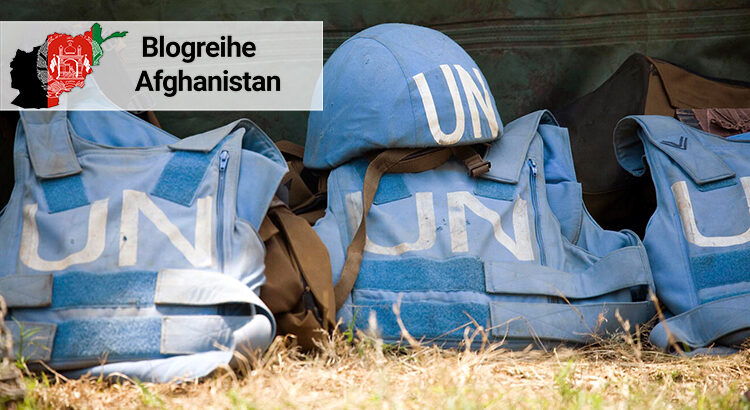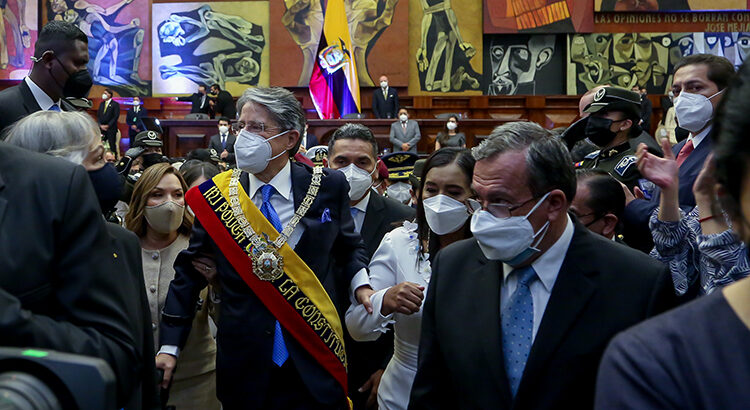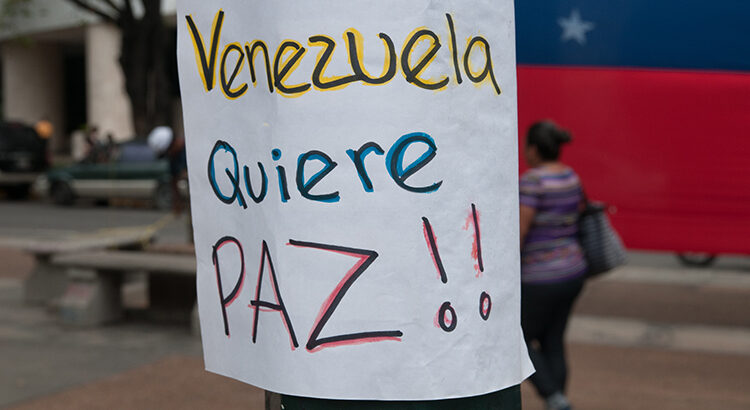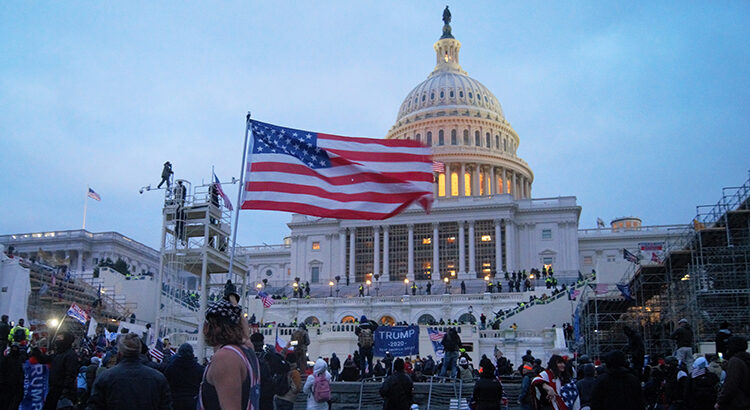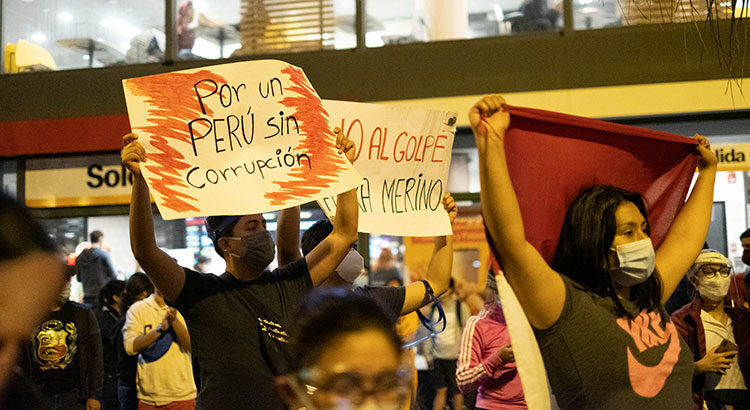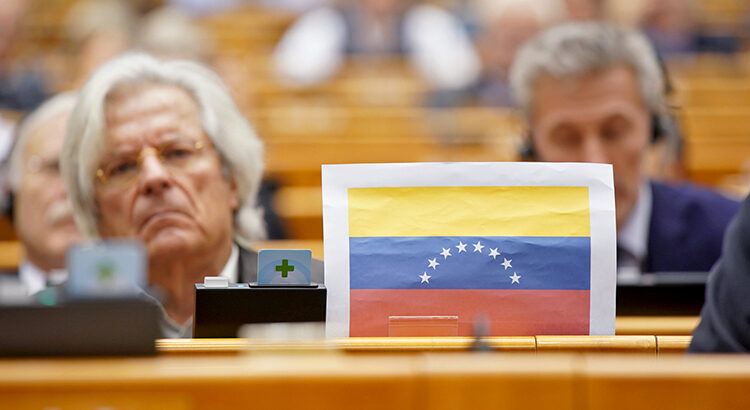The withdrawal of U.S. military in Afghanistan is underway and the security situation is increasingly worsening. This blog explains why, unlike counterinsurgency, peacekeeping could actually work to stabilize the country as it is based on the consent of the parties of the civil war.
Kategorie: English
Moving past the Pro-Correa / Anti-Correa divide in Ecuadorian politics: The indigenous Pachakutik party as a third force
On May 24, the day he took office as Ecuador’s new president, Guillermo Lasso, was seen leaving the ceremony next to Guadalupe Llori, indigenous leader and newly elected president of the National Assembly. Lasso, a conservative politician and former banker, had won the runoff against Andrés Arauz, the candidate supported by the political movement of former president Rafael Correa, who had governed the country between 2007 and 2017. Yet, Ecuador’s new political landscape offers a chance to move beyond the polarization between Correa supporters (Correístas) and opponents (Anti-Correístas). A key sociopolitical force in this regard is the indigenous movement and its political organization, Pachakutik.
The EU, Venezuela, and democracy promotion: A rejoinder to Elliott Abrams’ comments
In his blog post “The EU and Venezuela: More Bad Advice”, published on the website of the Council on Foreign Relations, Elliott Abrams critically reviews my thoughts on “A New Framework for Dealing with Venezuela: From Democracy to Conflict Resolution”. In this piece, I argued that the EU should shift from what I call the “democracy framework” to a “framework of peace mediation and conflict resolution”. Abrams’ comments give me the opportunity to clarify some issues and tease out key differences between his approach and the one I am arguing for.
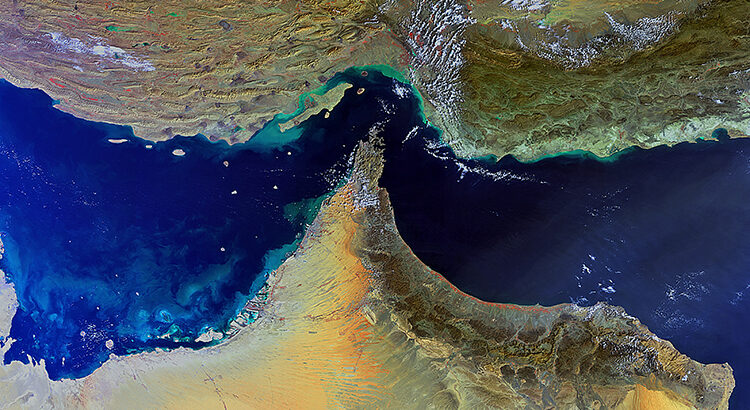
Overcoming Gulf-Rivalry? Challenges and Chances of Saudi-Iranian Dialogue
While the Saudi-Iranian relations have mostly been shaped by ‘peaceful rivalry’ since the Islamic Revolution in 1979, they increasingly turned hostile following the so-called ‘Arab Spring’. Building on recent dynamics in the Gulf region, high level politicians of Saudi Arabia and Iran have signaled serious willingness for dialogue and reconciliation. We argue here that these renewed efforts are primarily motivated by security and economic concerns but have also been supported through a series of informal interactions at different societal levels. While dialogue seems possible and desirable, its long-term prospects will be challenged by changing regional dynamics and the respective political will to overcome historical constructs of rivalry and regional competition.
The Capitol Rioters and their Supporters beyond “Us vs. Them”: A view from outside the US
What should we call those who stormed the US Capitol on January 6 of this year? Struggles over possible labels matter: What one calls a certain group has implications for the ways in which one can and will engage with them. The polarization of Americans when it comes to classifying the attacks is indicative of a larger dilemma: how should one respond to the rioters and their demands – and is that even an option?
Peru: General Elections in the Air, a Crisis of Democracy on the Ground
On 11 April 2021, the Republic of Peru will hold general elections. However, the elections have been overshadowed by the November 2020 Parliamentary Coup and the massive police violence against protesters who have been demonstrating against the controversial outcast of the former President Martín Vizcarra by the Congress. PRIF student research assistant Laura Fischer had the opportunity to speak with Carlos López Felipe Vásquez, a Human Rights activist and a professor for Public International Law at the Technical University of Peru, about the background of the political and constitutional crisis.
Let’s play prevention: Can P/CVE turn the tables on extremists’ use of gamification?
In the wake of the attacks in Christchurch, El Paso and Halle, the so-called ‘gamification of terror’ has made headlines and sparked academic interest in the potential role of gamification in radicalisation processes. Most recently, the Radicalization Awareness Network (RAN) has discussed both videogames and gamification as potential facilitating factors of radicalisation in the EU. This blog article is based on the new RAN Paper “The Gamification of Violent Extremism & Lessons for P/CVE”.
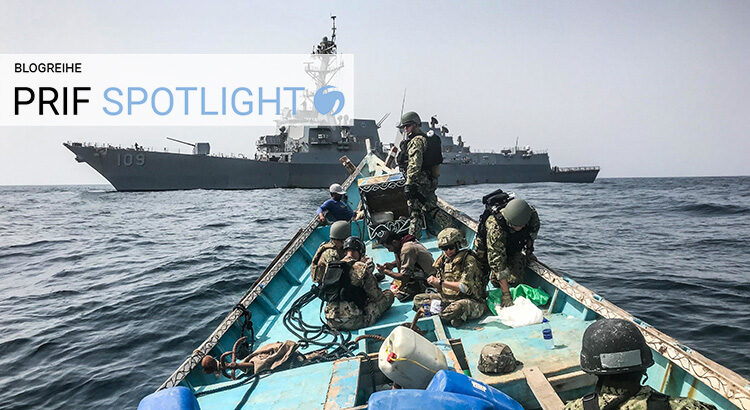
Arms Transfers in the Gulf of Aden. Shining the Spotlight on Regional Dynamics
Since the outbreak of the war in Yemen in 2015, the state has seen a growing influx in the supply of weapons. These weapons are both legally and illegally provided by regional and international powers to all major factions of the conflict. While arms transfers and their effects on the conflict in Yemen have received considerable attention, a lesser known fact is that weapons are increasingly circulating between Yemen, Somalia and Djibouti – the three states adjoining the Gulf of Aden. Against this background, this text shines the spotlight on weapons flows dynamics in a highly militarized region.
Green is the New Black? What might the “Green” German foreign policy vis-à-vis Russia look like?
The election of a new German Chancellor to replace Angela Merkel after more than 15 years in office is eagerly anticipated both at home and abroad. However, anyone expecting a drastic change in German foreign policy towards Russia will be most likely disappointed. At present, most signs indicate that relations between both countries will remain frosty or even deteriorate post-election, regardless of who ultimately prevails in the voters‘ preference. However, one uncertain variable in this otherwise predictable equation is the possible role played by the Green Party in shifting the country’s international course, as it most likely will become a part of a new German government after the election.
A New Framework for Dealing with Venezuela: From Democracy to Conflict Resolution
Venezuela is mired in a prolonged, multifaceted crisis, to which no solutions are in sight. In the wake of the country’s December 2020 parliamentary election, the EU needs to rethink some of the basic premises of its policy toward Venezuela. Instead of quarreling about which domestic actors and political institutions should be recognized as democratic, the EU should approach the country through a lens of conflict resolution. While a democracy-based framework divides the EU and a broad range of other external actors, a framework focused on conflict resolution may increase the chances of a more coordinated international response. That approach may be more likely to lead—eventually and indirectly—to some kind of inclusive political settlement in Venezuela.
